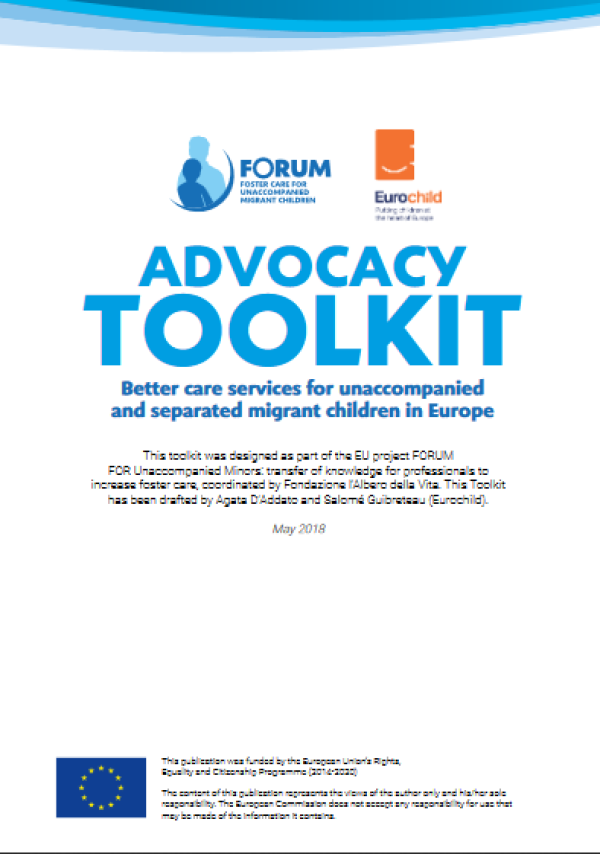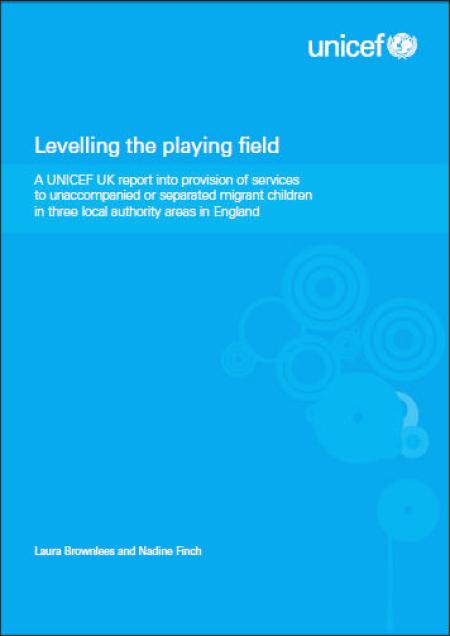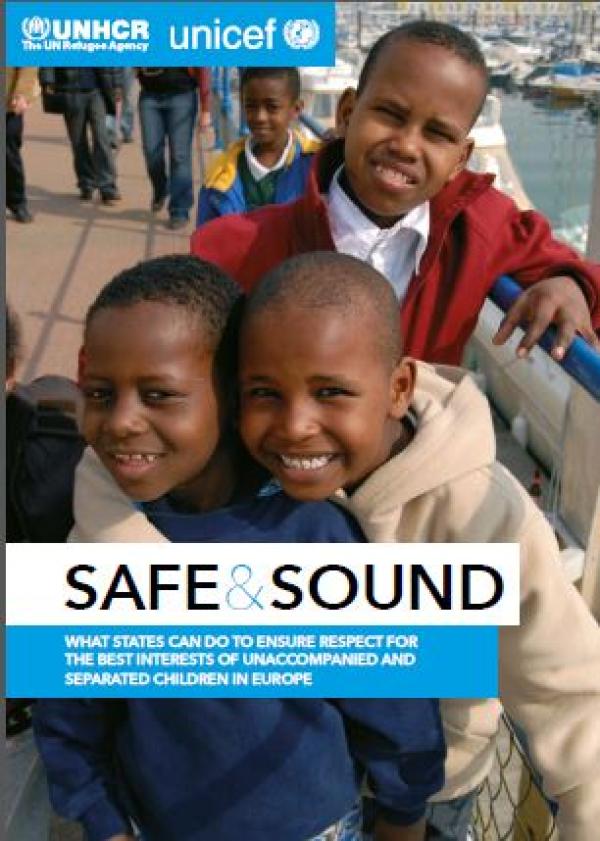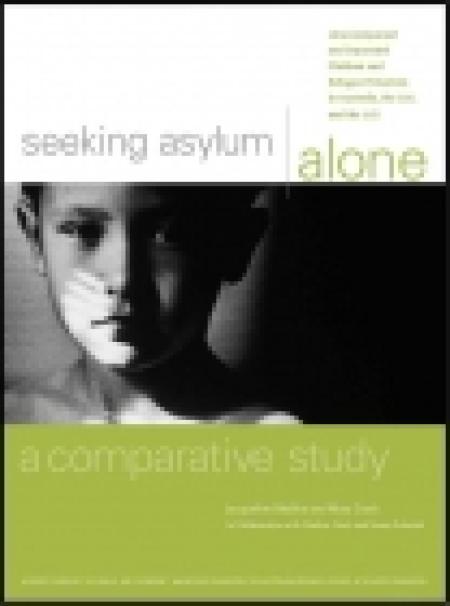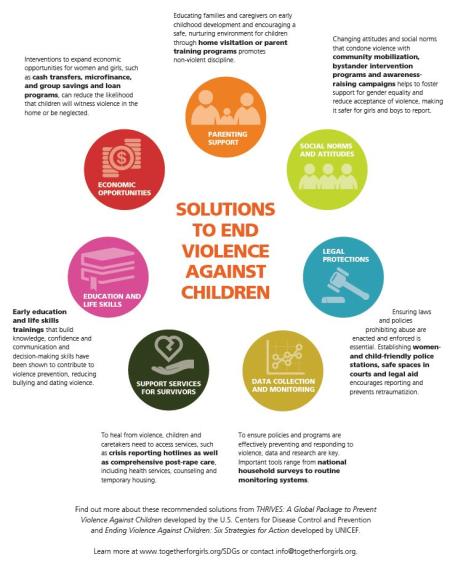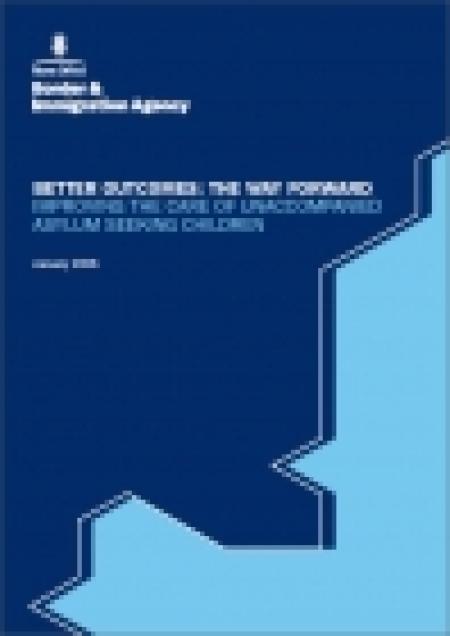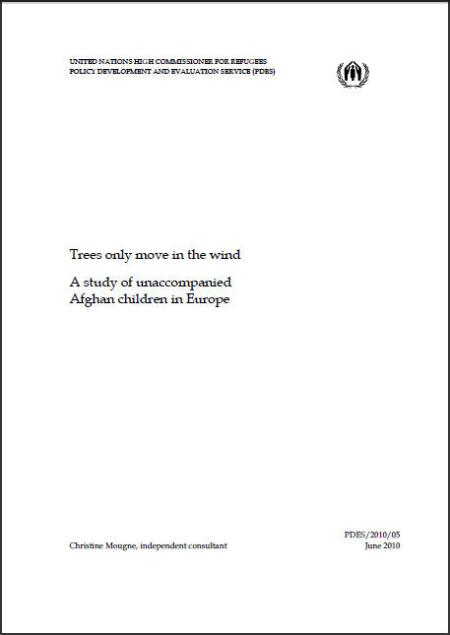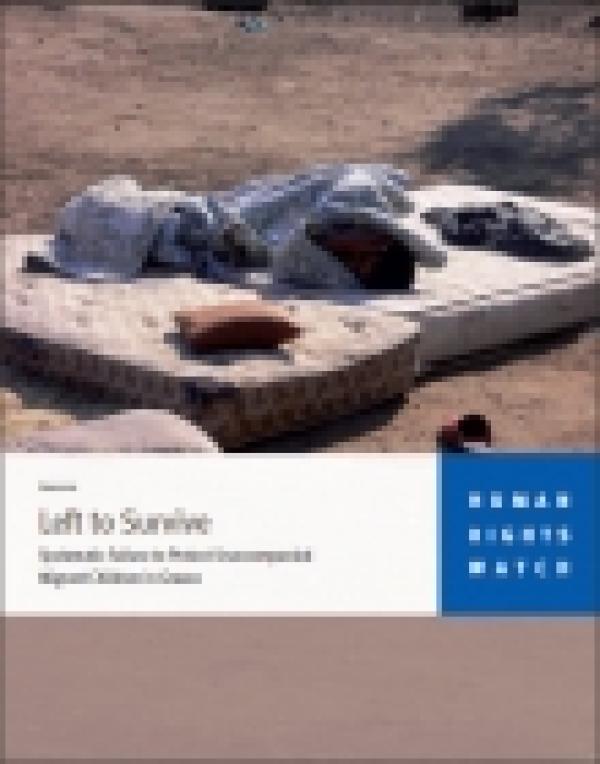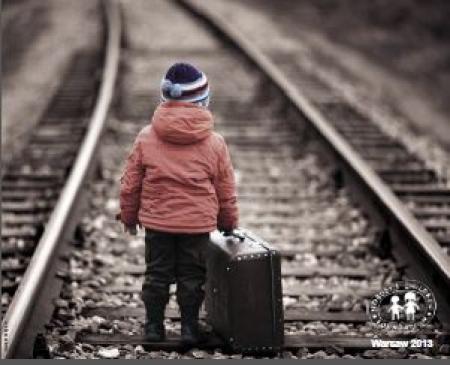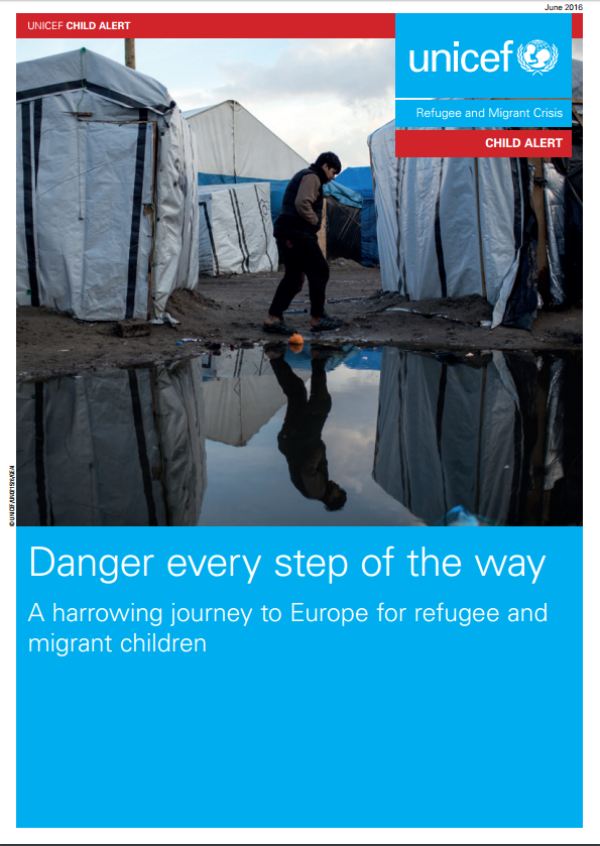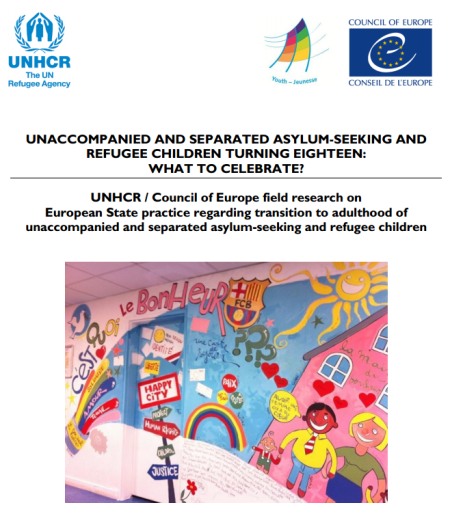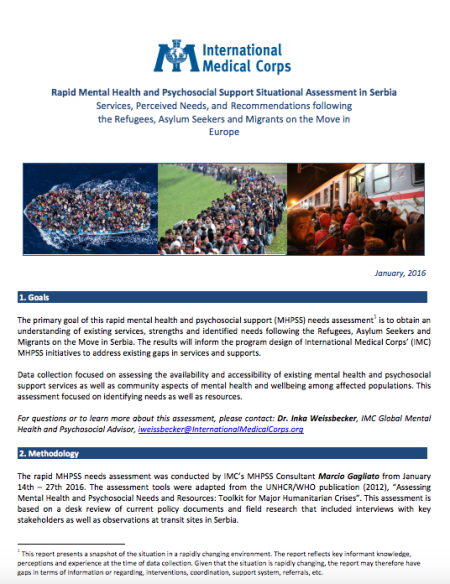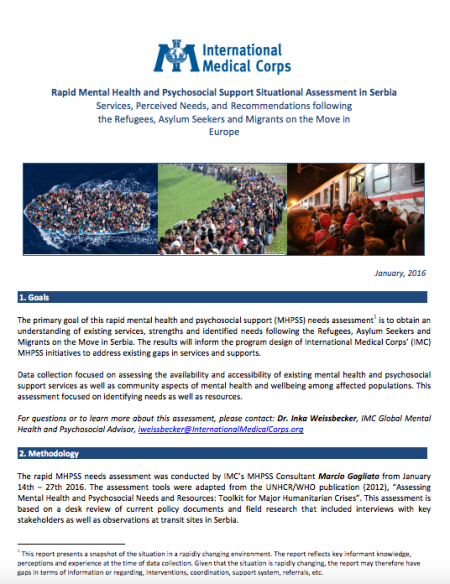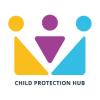
The purpose of this toolkit is to assist child rights advocates and other professionals in influencing the governments at national and sub-national level, to promote the development of better care services for unaccompanied and separated migrant children in the EU.
This toolkit aims to:
• Provide an overview of the EU context, current policies and funding in the area of (children’s) migration and care services
• Identify the current state of discussions around the rights of migrant children and key messages
• Offer tips and tools for building an effective advocacy strategy
• Promote child participation in advocacy around decisions that affect children
This toolkit contains background information, ideas, and tools for advocacy initiatives on care services for unaccompanied migrant children. The toolkit first presents an overview of the current EU context. This is intended as background information and is in no way exhaustive. Users are encouraged to research and use additional (national) laws and policies. In addition, the toolkit provides key messages and tools for building advocacy strategies that should be adapted according to different national contexts, and can be combined with other actions supporting policy change. Finally, the toolkit encourages its users to integrate child participation into their advocacy efforts, in order to reach better outcomes in decisions that affect children.
This toolkit was designed as part of the EU project Forum for Unaccompanied Minors: transfer of knowledge for professionals to increase foster care (September 2017- August 2019) . The project, coordinated by Fondazione l’Albero della Vita, aims to expand national systems of family-based care for the reception of unaccompanied migrant children, partnering with organisations in Italy, Spain, Austria, Slovenia, Hungary and the Czech Republic. However, this toolkit can be equally used by actors working in the field of children’s rights and migration in other countries.


